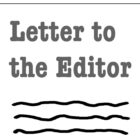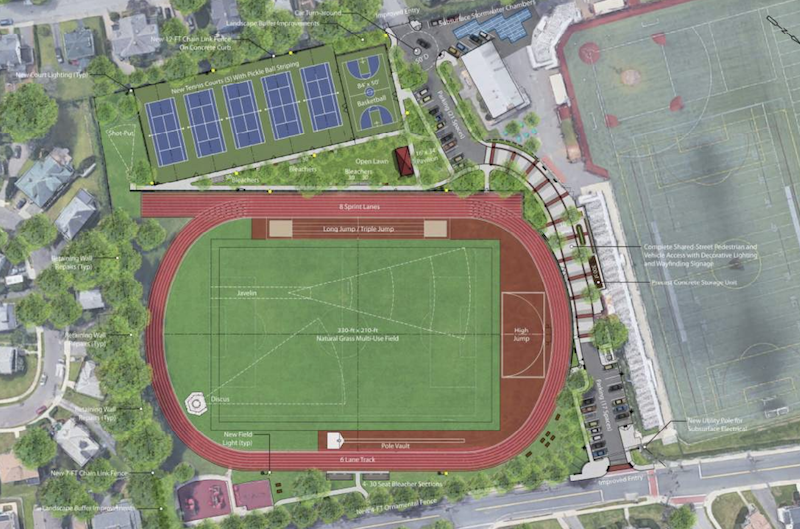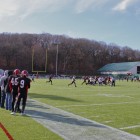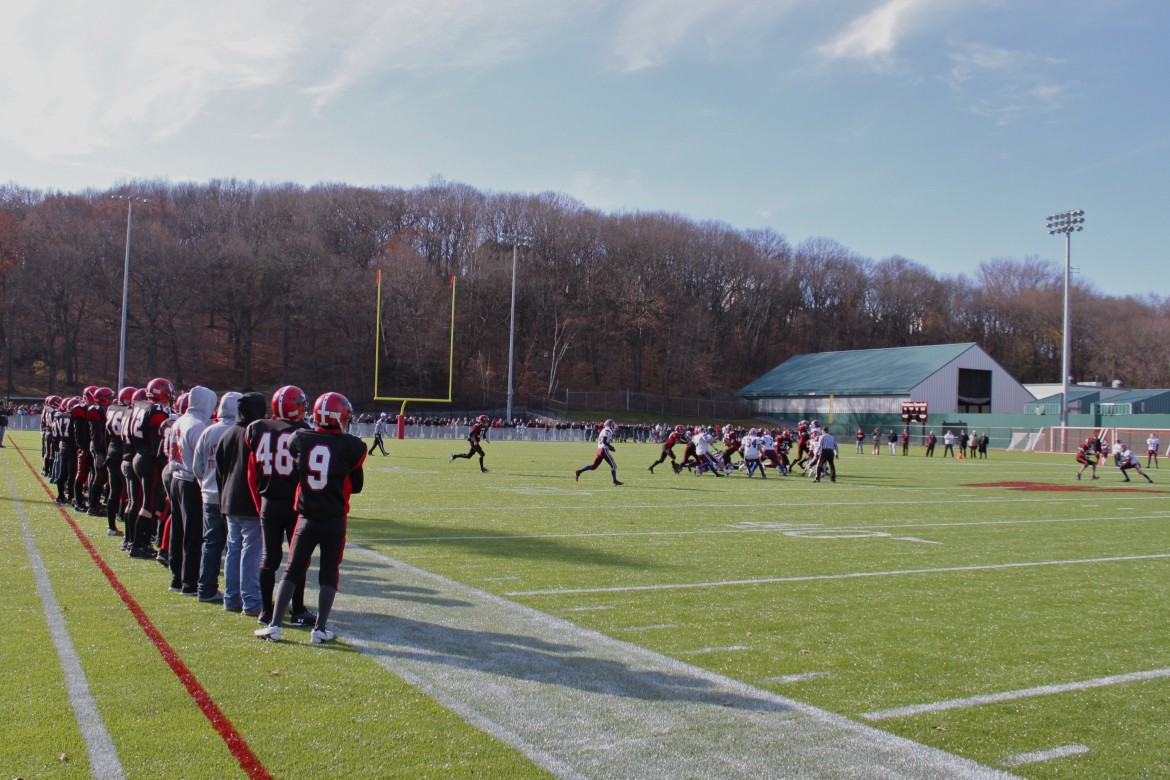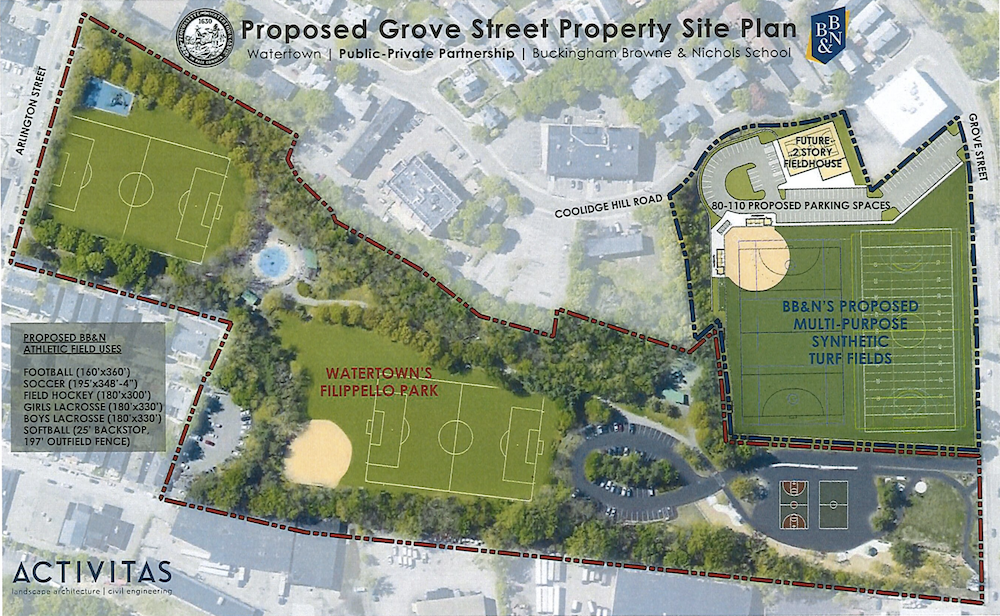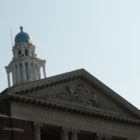Around Town
LETTER: Install Turf at Victory Field Oval, Field House Should be Part of Renovation
|
Dear current and past friends of Watertown, as well as future families of all athletes! Phases 2 and 3 of the Victory field track, which includes turf in the oval, along with new tennis and basketball courts, are up for final consideration. Almost 20 years ago, I stood in front of the community along with Councilor Vinny Piccirilli and the full Council of Watertown expressing the importance and benefits of a field turf facility encompassing the football and baseball areas. The design and implementation of Phase 1 of the Victory Field complex has been nothing short of spectacular for our athletes, our physical education department, and for the recreational activities of the entire community. In addition, since the installation of the field turf in Phase 1, the technology and safety of the turf installed at that time have improved considerably.
